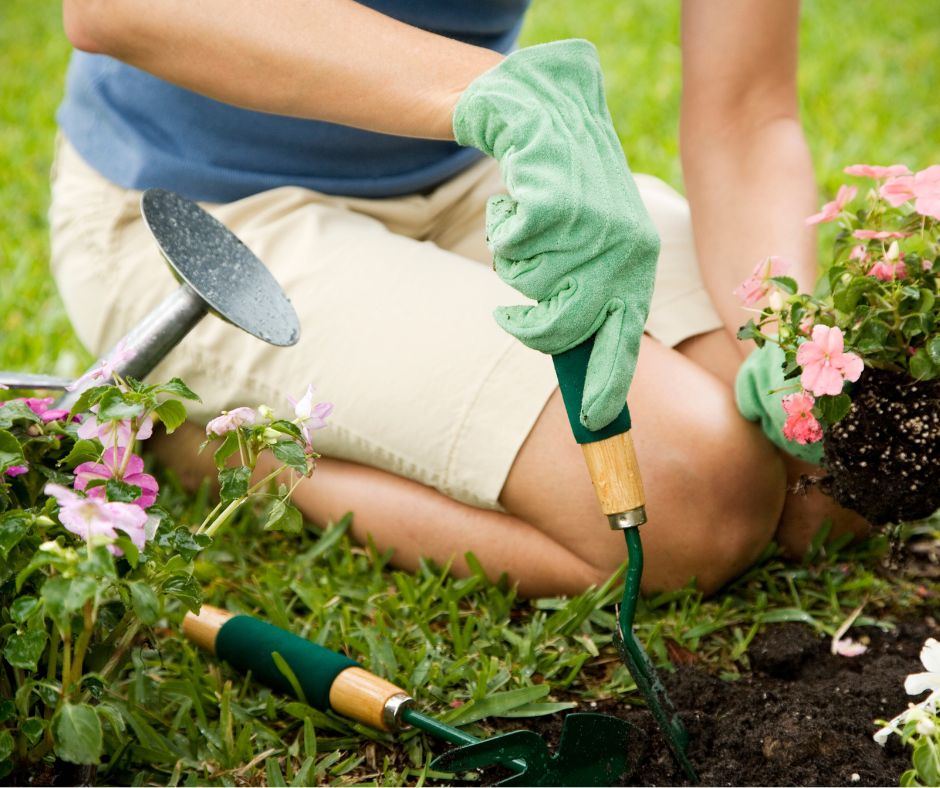
Gardening is often associated with leisure, but for many, it’s a profession filled with immense skill. In fact, the Bureau of Labor Statistics estimates that there are nearly 1.3 million people employed in ground maintenance or gardening roles in the US. So what does a gardener do? Let’s delve into the specifics of this career, exploring the usual job description, duties, and responsibilities that define the role.
Typical Gardener Job Description
A gardener is a professional entrusted with the care and maintenance of various outdoor spaces, including gardens, parks, and landscapes. Whether employed by individuals, businesses, or public institutions, gardeners play a vital role in ensuring these spaces thrive and remain visually appealing.
Duties of a Gardener
Gardener duties include a wide range of tasks aimed at promoting plant growth, preserving biodiversity, and enhancing the aesthetic appeal of outdoor environments.
Here is a list of the most common duties you’ll see listed on job descriptions and what they entail:
- Planting and pruning. Gardeners are primarily responsible for selecting appropriate plant species, planting them at optimal times, and ensuring they receive adequate water, sunlight, and nutrients. Pruning and shaping plants to encourage healthy growth and maintain desired aesthetics are also essential tasks.
- Soil management. Understanding soil composition and its impact on plant health is crucial for gardeners. They may need to amend soil, test its pH levels, and implement fertilization strategies to optimize plant growth.
- Weed and pest control. Keeping unwanted weeds at bay and managing pests is a continuous battle for gardeners. They employ various methods—including manual removal, mulching, and integrated pest management techniques—to maintain a pest-free environment without relying heavily on chemical solutions.
- Watering and irrigation. Ensuring plants receive adequate water is vital for their survival. To help with this, gardeners are responsible for establishing efficient irrigation systems, monitoring soil moisture levels, and adjusting watering schedules as needed to prevent overwatering or drought stress.
- Seasonal maintenance. Different seasons bring unique challenges and opportunities for gardeners. They must adapt their maintenance routines to address seasonal tasks such as planting bulbs in the fall, pruning dormant trees in winter, and preparing beds for spring planting.
- Equipment maintenance. Gardeners rely on various tools and equipment to perform their duties effectively. Regular maintenance of tools such as pruners, mowers, and irrigation systems is essential to ensure they remain in good working condition.
As a gardener, you can expect these activities to be a part of your day-to-day routine.
Responsibilities of a Gardener
Beyond the day-to-day tasks, gardeners bear significant responsibilities as stewards of the environment and guardians of green spaces. These responsibilities include:
- Environmental conservation. Gardeners play a crucial role in conserving biodiversity and preserving native plant species. They may prioritize native plantings, create habitat for beneficial wildlife, and implement sustainable gardening practices to minimize environmental impact.
- Aesthetic enhancement. Whether it’s a meticulously manicured garden or a sprawling public park, gardeners are tasked with enhancing the visual appeal of outdoor spaces. Their attention to detail and artistic flair contribute to creating inviting and harmonious environments for visitors to enjoy.
- Educational outreach. Some gardeners, depending on their place of employment, engage in educational outreach initiatives. This may include workshops, tours, or other efforts to showcase natural spaces.
- Safety and compliance. Ensuring the safety of visitors and adhering to relevant regulations are part of the responsibilities of gardeners. They must identify and mitigate potential hazards, such as uneven pathways or poisonous plants, and stay informed about local ordinances and guidelines governing landscape maintenance.
Of course, some of these responsibilities change depending on where you work as a gardener. For example, if you work at a botanical garden, you likely do more educational-related work than if you worked for a landscaping company. However, aesthetics, conservation, and safety are almost always a consideration.
Do I Need a Degree to Be a Gardener?
No, in fact, most gardener jobs require only a high school diploma for you to be considered. Generally, employers look for experience rather than education. That being said, if you want a more specialized job, like gardening for a major conservation organization, you may need some additional education.
Want to Learn Some Gardening Skills? Stratford’s Gardening Course Is a Great Choice
Whether you are interested in gardening as a hobby or want to consider a career in gardening and landscaping, we have the course for you. At Stratford Career Institute, our gardening and landscaping course teaches all of the basics of maintaining a garden or green space, including:
- Amending soil,
- Selecting fertilizer,
- Using hardiness zone maps,
- Plant selection and identification,
- Growing flowers and vegetables, and
- Creating water gardens.
If this sounds like the course for you, enroll today or request more information.

